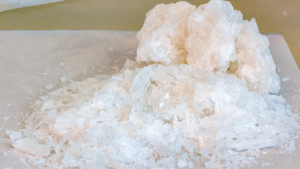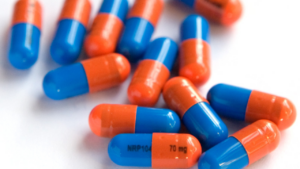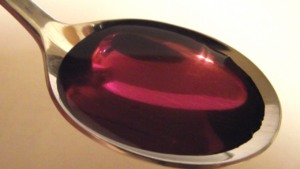Medication-assisted treatment (MAT) is a popular method of treating substance use disorders today. But how effective is medication-assisted treatment for addiction, and how exactly does it help people recover from substance use disorders? Below, we will explain why MAT is so frequently used as a first-line treatment for substance use disorders and help you understand the science behind why it works. And when you’re ready to start a MAT program, call 850.374.5331 to speak to the experts at The Bluffs.
What Is Medication-Assisted Treatment?
Medication-assisted treatment is a treatment model that combines talk therapy and targeted medication to help people overcome the symptoms of substance use disorder. When people become addicted to substances, they develop a physical dependence, meaning their body and mind react viscerally when they suddenly stop using substances. This is most commonly seen in withdrawal symptoms, which can include:
- Shakes
- Sweats
- Anxiety
- Depression
- Delirium
- Seizures
- Chills
- Nausea
The exact physical withdrawal effects vary between different substances, and some patients suffer more from these symptoms than others.
But the effects of addiction often last longer than the relatively short withdrawal period. Many people experience prolonged depression, anxiety, or intense cravings even after they’ve been medically detoxed. These symptoms are collectively known as “post-acute withdrawal syndrome,” or PAWS.
By incorporating specific medications into treatment, a person can experience significant relief from both acute physical withdrawal and PAWS. And by combining these medications with time-tested psychotherapy techniques, they can learn to:
- Overcome cravings
- Break free from unhelpful behavioral patterns
- Thrive in their life in recovery
How Effective Is Medication-Assisted Treatment for Addiction?
According to the National Institute on Drug Abuse, medication-assisted treatment is an effective treatment option for people suffering from a variety of different substance use disorders. This is largely due to the two-pronged approach inherent in MAT: utilizing the gold standard of behavioral and therapy options in conjunction with medications that can bring substantial physical and mental relief.
Medication-assisted treatment can be applied throughout the entire continuum of addiction care. MAT is incorporated into medical detox, inpatient rehab, outpatient treatment, and even aftercare and long-term support programs.
Even after people have completed formal addiction treatment, they can continue taking supportive medications and meeting with drug and alcohol counselors for as long as it takes for them to feel confident in their sobriety.
What Makes MAT So Effective?
The exact nature of MAT varies between particular substances. In the case of opioid use disorder, supportive medications include naltrexone and buprenorphine, which both act directly upon opioid receptors in the brain. These are the exact same receptors involved in the biochemical effects of drugs such as heroin, morphine, fentanyl, oxycodone, and hydrocodone.
Using these medications can help people feel better during recovery when they might otherwise feel sick, fatigued, or drained. They don’t provide the intense euphoria or relaxation that opioids can cause. However, they help to take the edge off for people who have spent months or years addicted to opioids.
Other MAT options work in similar ways to relieve the negative effects of long-term substance use by targeting the same brain regions affected by drugs or alcohol. The medications used in MAT are pharmacological supports for sustaining long-term recovery.
Start MAT at The Bluffs Today
At The Bluffs, we offer MAT through all our treatment options for a very important reason—it works. Getting people to break free from addiction through evidence-based treatment methods is the ultimate goal of all our programs. Starting MAT can help you do just that. When you’re ready to begin, reach out to our team by calling 850.374.5331 to learn more about our extensive treatment options and start getting the help you need today.







